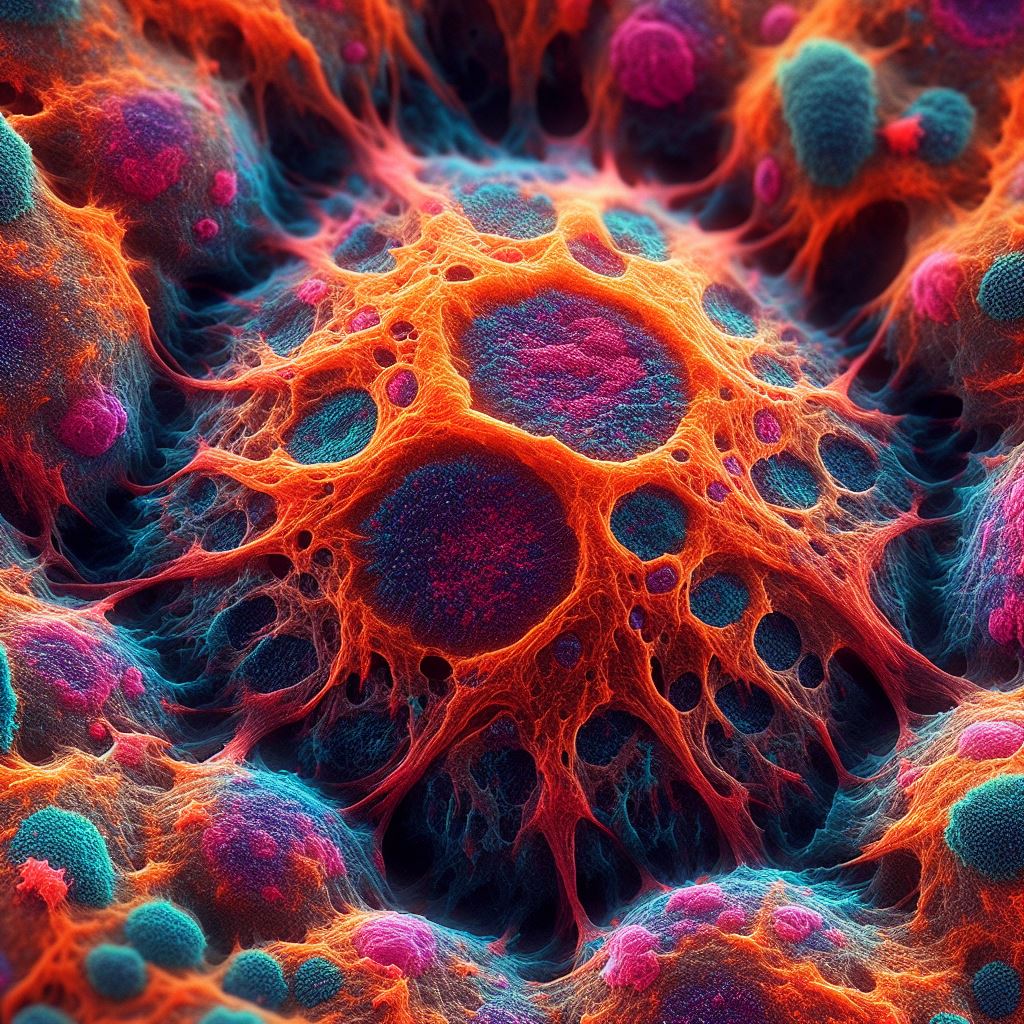Researchers from Mass General Cancer Centre, one of the original institutions of the Mass General Brigham health system, have led a new study that suggests statins, the widely prescribed medications that lower cholesterol, may obstruct a specific pathway that contributes to the chronic inflammation-caused cancer development.
The details of the study were published in the journal Nature Communications.
Chronic inflammation is a major cause of cancer worldwide,
We investigated the mechanism by which environmental toxins drive the initiation of cancer-prone chronic inflammation in the skin and pancreas,
Furthermore, we examined safe and effective therapies to block this pathway in order to suppress chronic inflammation and its cancer aftermath.
Shawn Demehri, MD, PhD
The research by Demehri and associates was based on human tissue samples, animal models, cell lines, and epidemiological information. The group’s cell-based studies showed that two interconnected signalling pathways known as the TLR3/4 and TBK1-IRF3 pathways are activated by environmental pollutants (such as exposure to allergens and chemical irritants). The interleukin-33 (IL-33) protein is produced as a result of this activation, and it can cause inflammation in the skin and pancreas and perhaps aid in the development of cancer.
The researchers discovered that a statin called pitavastatin efficiently decreases IL-33 expression by preventing the activation of the TBK1-IRF3 signalling pathway. This was found after screening a library of FDA-approved medications. Pitavastatin inhibited environmental-induced inflammation of the skin and pancreas in mice and stopped the growth of pancreatic tumours associated with inflammation.
Compared to normal pancreatic tissue, samples from individuals with pancreatic cancer and chronic pancreatitis (inflammation) had higher expression levels of IL-33 in their pancreas tissues. Additionally, using pitavastatin was associated with a much lower chance of developing chronic pancreatitis and pancreatic cancer, according to assessments of electronic health record data on over 200 million individuals in North America and Europe.
The results show that pitavastatin-induced suppression of IL-33 production may be a safe and useful prophylactic approach to reduce chronic inflammation and the ensuing development of certain malignancies.
Also Read| Living Bioelectronics; A new technology that can detect and heal skin
Next, we aim to further examine the impact of statins in preventing cancer development in chronic inflammation in liver and gastrointestinal tract and to identify other novel, therapeutic approaches to suppress cancer-prone chronic inflammation.
Shawn Demehri, MD, PhD
Source: Massachusetts General Hospital News
Journal Reference: Park, Jong H., et al. “Statin Prevents Cancer Development in Chronic Inflammation by Blocking Interleukin 33 Expression.” Nature Communications, vol. 15, no. 1, 2024, pp. 1-15, https://doi.org/10.1038/s41467-024-48441-8.
Last Modified:




